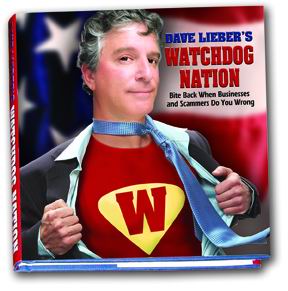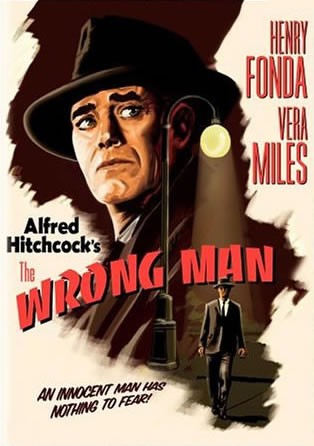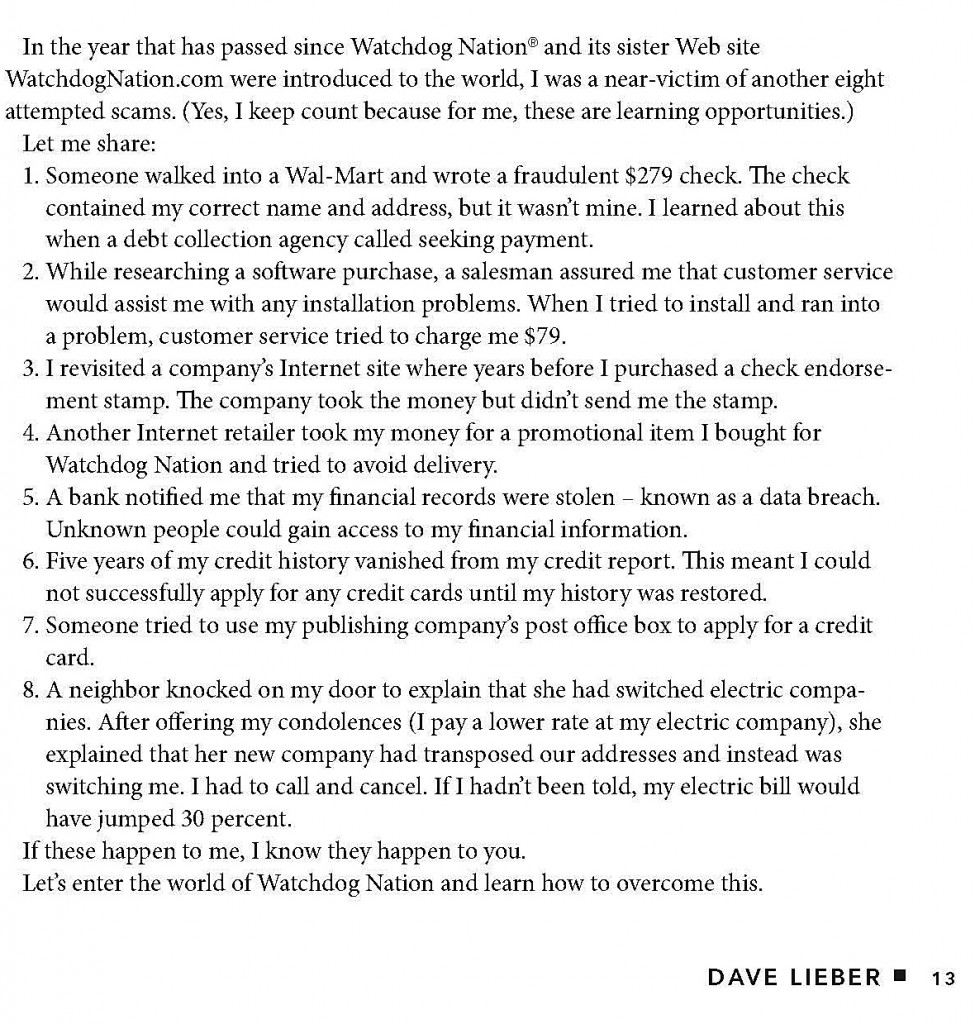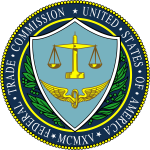Here’s a statistic that alarms Watchdog Nation more than any other: According to a new survey, 1 out of 5 Americans age 65 or older have “been taken advantage of financially in terms of an inappropriate investment, unreasonably high fees for financial services or outright fraud.” Read the survey here.
Advisers are about to be reigned in somewhat with the new consumer financial protection bill weaving through Congress. One provision requires full disclosure of broker fees, commissions and other charges levied on investors. In the past, some folks thought if they invested $50,000 they actually invested $50,000. Read about one such case here.
Here’s another example of duplicity that ensnared investors: A Concord, New Hampshire company, Lincoln Financial Securities Corp., sold the contents of an investment book written by another company’s chief executive officer. According to the Texas State Securities Board, six different agents of Lincoln, all based in Texas, put their names on the cover as co-authors with Mark Matson, the actual author. They used the book to attract clients and establish their own credibility.
However, the six agents didn’t write the book. They just wrote a preface to it.
Title of the book?
The Dirty, Filthy Lies My Broker Taught Me and 101 Truths About Money & Investing.
Ironic, eh?

The book cover in question, provided by the Texas State Securities Board, which blocked out one "author's" name and photo.
After the Texas securities board inquired, David Booth, president of Lincoln Financial, told the Texas agents to stop using the book.
On June 15, 2010, Texas regulators entered a disciplinary order that fined Lincoln Financial $40,000 and reprimanded the firm. Read the order here.
What will they think of next?
If you hear of investment folks using deceptive practices to entice clients, write to Dave Lieber, founder of Watchdog Nation, at watchdog@star-telegram.com.
# # #
Dave Lieber, The Watchdog columnist for The Fort Worth Star-Telegram, is the founder of Watchdog Nation. The new 2010 edition of his book, Dave Lieber’s Watchdog Nation: Bite Back When Businesses and Scammers Do You Wrong, is out. Revised and expanded, the book won two national book awards in 2009 for social change. Twitter @DaveLieber








